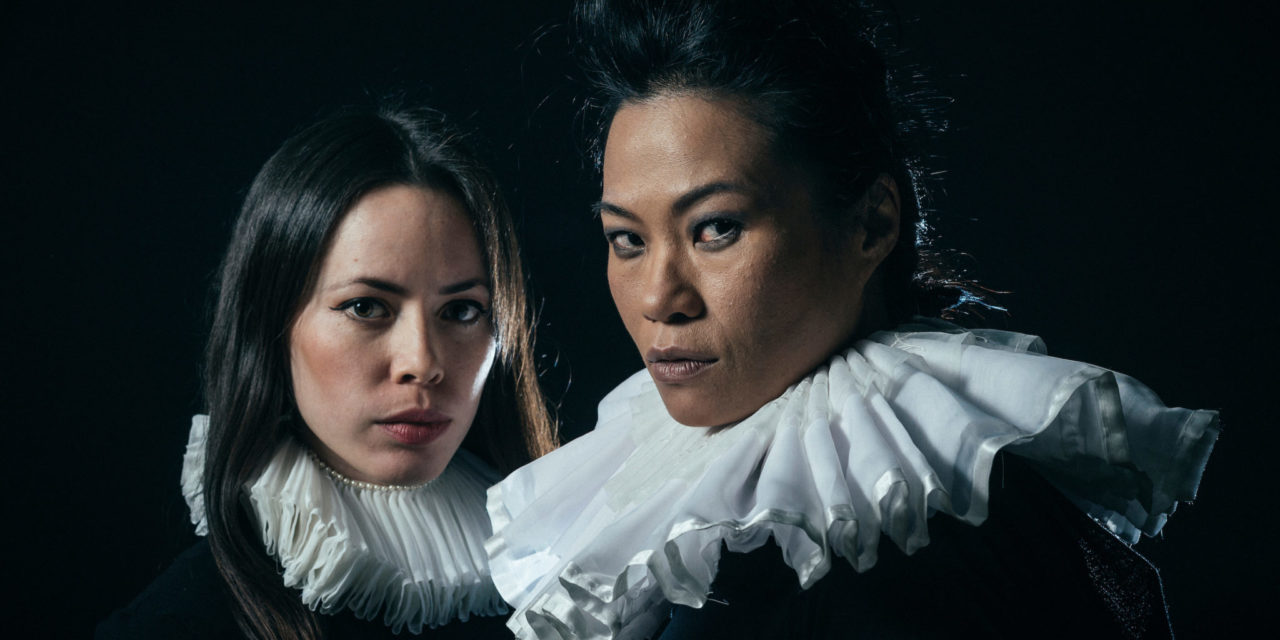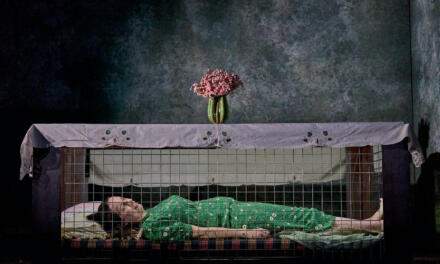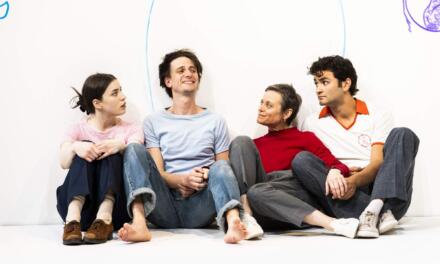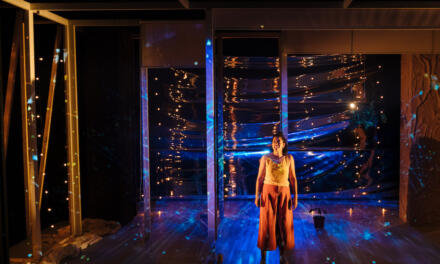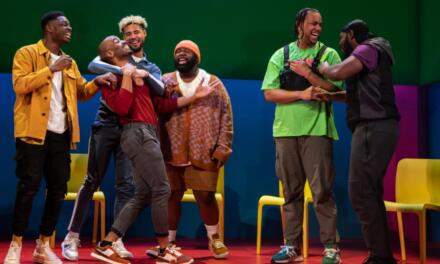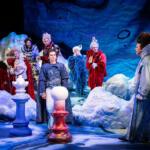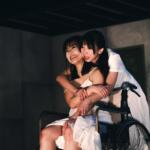Global Shakespeare has been a phenomenon of adaptation, translation, cultural appropriation and negotiation that has spanned over decades if not centuries. In the last decade there have been a wealth of intercultural productions of Shakespeare’s plays with the Cultural Olympiad’s World Shakespeare Festival in 2012, Globe-to-Globe Hamlet — a global tour of Hamlet to every country in the world from 2013 to 2015 — and the quatercentenary of Shakespeare’s death in 2016, which was also celebrated in conjunction with the quatercentenary of the great Chinese playwright, Tang Xianzu, in far less visible theatrical events. China and the East have always been fascinated with Shakespeare, and Shakespeare is part of the East Asian theatrical curriculum.
Now, another Elizabethan great being revived for the British stage by a British East Asian company, Yellow Earth. It is Christopher Marlowe’s turn with Tamburlaine, produced by Yellow Earth artistic director Kumiko Mendl and adapted and directed by Ng Choon Ping. This production will open at the Arcola Theatre in London from 15 March to 8 April 2017 and will then tour to Oxford, Colchester and Birmingham.

Lourdes Faberes in Tamburlaine. Photo credits: Yellow Earth
The original Tamburlaine the Great (1587) by Marlowe is in two parts, each comprising five acts, with a combined running time of six hours. Inspired by Silva de varia lección (The Foreste; or, Collection of Histories, 1540) by Pedro Mexía (1497-1551), a collection of histories, anecdotes and observations, the play is loosely based on the figure of 14th-century Mongol conqueror Timur, or Tamburlaine, his rise to power and bloody end. It is a story of heroism but also violence and power struggle. Unlike other adaptations that have condensed the two parts into a three-hour production and used large casts, Yellow Earth’s production lasts two hours with a cast of six playing multiple roles.
So what is potentially so special about Yellow Earth’s adaptation?
First, one cannot ignore that Yellow Earth — formed in 1995 by five British East Asian (BEA) actors, Kwong Loke, Kumiko Mendl, Veronica Needa, David K.S. Tse and Tom Wu — have dedicated the last twenty-odd years to “develop work that would widen the choice and type of roles being offered to BEA actors” as well as combining Western drama training with East Asian cultural heritage.
Yellow Earth have played a pivotal role in giving work and providing support to many of the best BEA actors, writers, directors and designers. Most importantly, they have offered the British stage much-needed cultural diversity by giving voice to stories and people that otherwise would have remained unheard. They have also created a connection with East Asian theatre and their cultural tradition by educating audiences in seeing that there is more to theatre than Western drama.
In this case, they opted for a play from the British canon but they did not forget their cultural heritage and, especially, their cultural positioning. Yellow Earth are no stranger to adaptations of British Elizabethan classics, with a version of King Lear directed by David K.S. Tse in 2006, and their Tamburlaine production cannot be more timely.
There has been much debate about race-blind and yellowface casting in the UK recently, especially in occasion of the controversy triggered by a production of Howard Barker’s In the Depths of Dead Love. Earlier this year, protests sprung in West London near the Print Room, the venue where the play premiered, as non-Chinese actors were cast in ‘Chinese-named’ roles in the play, which is set in ancient China. However, the other side of the coin is that there is the expectation that East Asians can only play East Asian roles.
Director Ng Choon Ping states quite clearly that this production “will challenge the assumption that ethnic, gender, sexual and economic minorities are best confined to their own stories.” Marlowe’s original play — appropriating and reimagining an Eastern figure, the Mogul conqueror, for an Elizabethan audience — gives Ng and Mendl the opportunity to return the favour, by re-appropriating Marlowe’s work and turning it on its head.
As xenophobic sentiments are on the rise, Mendl is right to point out that connections between cultures are becoming more complex than ever:
“Tamburlaine offers an opportunity for British East Asian actors, in particular women, to take on meaty, classical parts, to take their place at centre stage — too often denied to BAME (Black Asian Minority Ethnic) actors — and challenge the audience’s notions of masculinity, power, and fatherhood. As ‘Strongman’ leaders exert their influence in our contemporary world and as new ideologies spring up and East and West become increasingly polarised, the charismatic figure of Tamburlaine continues to attract and repel in equal measure.”
Ng unequivocally adds that “women will play men; men will play women; East Asians will play all other ethnicities. This production is neither colour-blind nor gender-blind: we are emphatically ourselves, respectfully and irreverently encountering the other in the text of the play.”
Gender expectations and roles, masculinity, power, and fatherhood play an important part in this production. The switching of gender roles builds upon the recent success of all-female Shakespeare productions, but the intention and motivation go far deeper than having a female cast play male roles. This is a production that confronts Elizabethan tradition, Marlowe and the so-called British canon by reacting to Marlowe’s pre-colonial portrayal of the exotic Other but, above all, by challenging more than ever the idea that one can put people, and creativity, into “pre-existing boxes.”
Despite the ambitious creative and cultural fervour of the production, one should expect nothing but respect for the original text that on an artistic level and beside the gender and race arguments will potentially become a “total” theatrical spectacle in Ng’s hands. Joji Hirota, a Japanese drummer and multi-percussionist, will be playing taiko drums as part of a small cast in a minimalist production that has all the ingredients to be very special indeed.
This post was written by the author in their personal capacity.The opinions expressed in this article are the author’s own and do not reflect the view of The Theatre Times, their staff or collaborators.
This post was written by Mary Mazzilli.
The views expressed here belong to the author and do not necessarily reflect our views and opinions.

